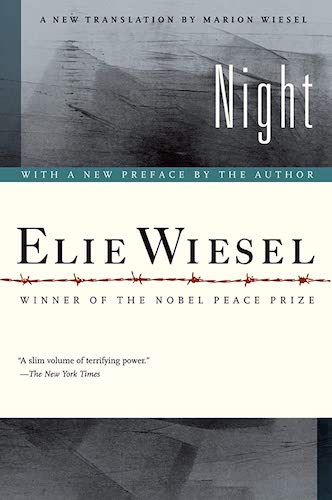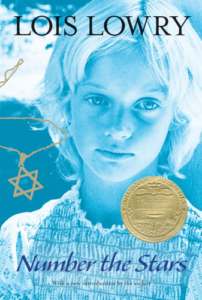Night
Book Author: Elie Wiesel
Summary reviewed by:
Terrence Timmons
Terrence Timmons
Analyst
Bachelor of Arts (BA), University Of California, Santa Barbara 2019
With over 4 years of experience as an analyst. Terrence Timmons is committed to analyzing summaries without compromising on quality.
Night: Summary
You are about to journey into the abyss of man's potential for inhumanity. Where will it take you? Where will it take your soul?
Night, a gripping memoir by Elie Wiesel, invites readers into the dark heart of the Holocaust, where humanity is stripped bare, dignity is a rare treasure, and survival becomes a moral question as potent as life and death.
Elie Wiesel, only a teenager when he and his family were taken from their home in Sighet, Transylvania, and transported to Auschwitz, shares his harrowing experiences in this visceral, deeply personal memoir. The narrative unfolds with their abrupt removal from their tranquil existence, shoved unceremoniously into cattle cars towards an unthinkable fate. In Auschwitz and then Buchenwald, the once-loving, religious young boy is forced to confront the unimaginable cruelty and chaos of life in the Nazi death camps.
Stripped of his identity, Elie becomes a number, a non-entity, a piece of disposable human cargo, his life hanging by the thinnest of threads. The memoir, told with the poignant immediacy of a heart still beating in the ashes of the Holocaust, takes readers on a journey through the horrifying landscape of the concentration camps.
Elie's fight for survival, the loss of his family, his struggle with his faith, and his desperate quest to retain his humanity form the crux of this haunting narrative. His battles with the internal demons, caused by what he has witnessed and experienced, are equally gut-wrenching as the physical torment he endures. Wiesel's unforgettable memoir is not just about death, devastation, and loss; it is about resilience, resistance, and the enduring power of the human spirit in the face of absolute evil.
Night: Genres
Non-Fiction
Autobiography
Memoir
Holocaust Literature
Historical Non-Fiction
Night: Themes
Inhumanity: The central theme of Night is the utter inhumanity that humans can inflict upon others, exemplified in the systematic annihilation of the Jews during the Holocaust.
Faith: Elie’s spiritual journey, from being a devout Jew to a disillusioned, angry young man who questions the existence of a just God, is a recurrent theme. For example, when he witnesses a child being hanged, he famously says, “Where is God now?”.
Father-Son Relationship: The memoir delves into the complex relationship between Elie and his father. Their relationship, intensified under brutal circumstances, highlights the importance of love and connection for survival.
Silence and Indifference: The theme of silence and indifference is underscored in the complacency of the world towards the Holocaust and the Sighet Jews’ disbelief in Moishe’s warnings.
Loss of Identity: Elie’s transformation from a religious boy to a dehumanized number (A-7713) starkly illustrates the loss of identity in the concentration camps.
Survival and Guilt: Elie’s moral struggle with survival, often laced with guilt, forms a poignant theme. For instance, his sense of relief mixed with guilt when his father dies highlights this conflict.


Night
Date Published: 1956
Disclaimer: As an Amazon Associate I earn from qualifying purchases.




